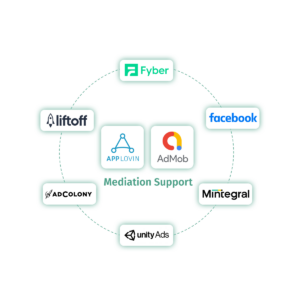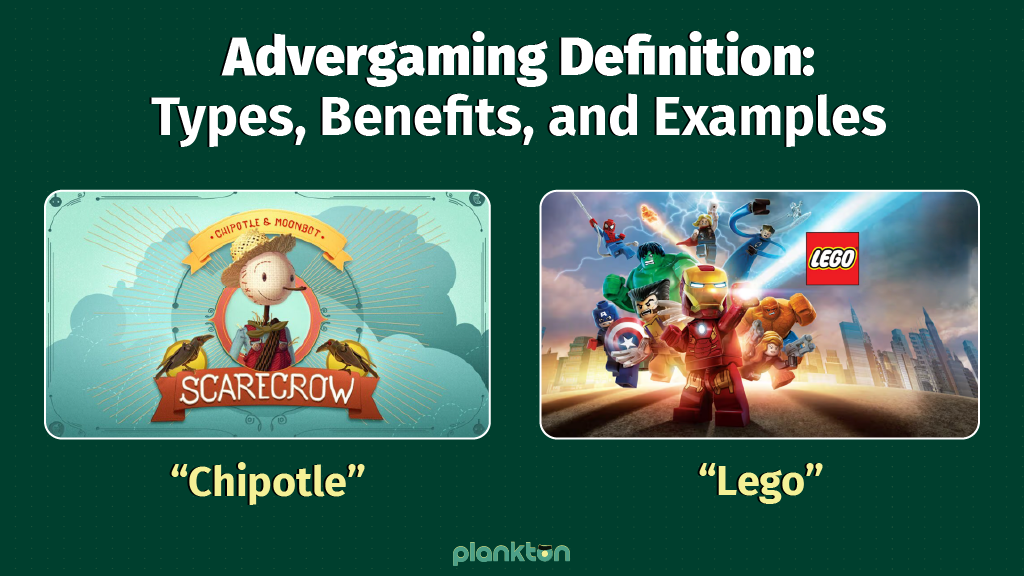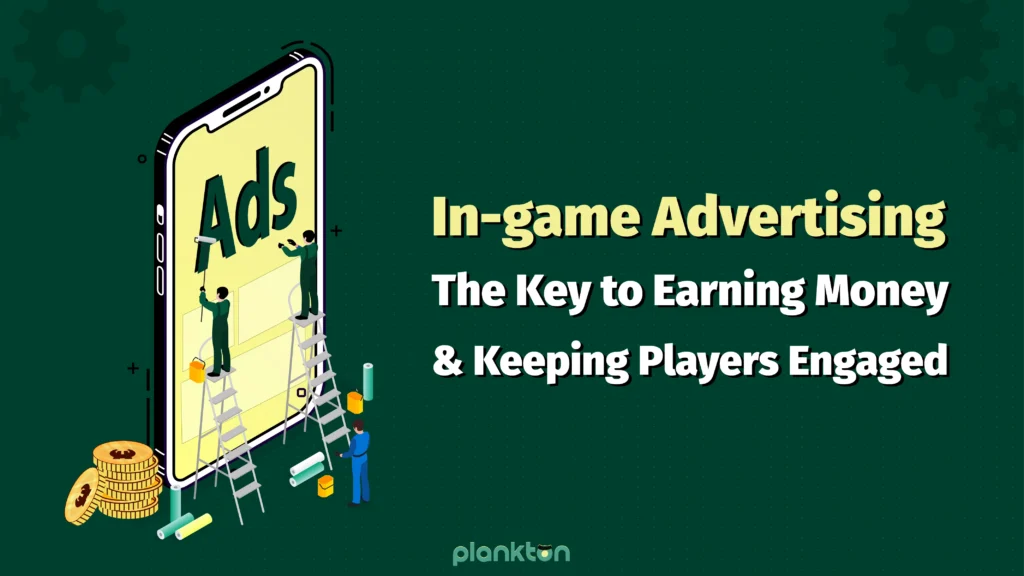The world of game development is growing fast, and studios are constantly seeking creative ways to turn their dream games into profitable Businesses. In-app advertising emerges as a key player in this field, offering a reliable revenue stream.
But here’s the Problem: Implementing in-app advertisements can be a real headache for developers!
The Developer’s Nightmare: Challenges with In-App Ads Integration
Here is why In-app ads implementation can be a Unity developer’s nightmare:
Build errors and dependency conflicts:
Have you ever wanted to add a new ad network to your game only to have it all come to a halt? Build fails, mysterious exceptions and error messages such as “duplicate class” show, making you feel like a tech detective. Juggling several ad network plugins in iOS and Android (like AdMob and AppLovin) may be a nightmare because they clash, causing conflicts that take forever to resolve and require native platform expertise.
Delays in loading and preparing ads:
Failure to see ads at the proper time is a common problem that can lower the display rate of ads in a game. The delay in ad loading might degrade the user experience and reduce the effectiveness of your monetization plan. Users may quit the game, and less money will be made if you don’t load ads at the right time.
Ads not being shown for unknown reasons
Have you ever experienced frustrating and perplexing moments when you have implemented everything but don’t get to see ads? Developers may still run into issues with ads that don’t load or render correctly even after they’ve overcome the initial integration challenges. Poor user experience and missed income opportunities can occur from bad implementation, which can cause vague error messages such as “Failed to load ad: 0”. These issues can be incredibly time-consuming to troubleshoot and debug, causing major headaches for developers.
Adding a second ad network is twice as challenging:
Setting up new ad mediation systems is like starting from scratch every time. Expanding your ad monetization with another mediation platform feels like facing all of the challenges once again. You’ll be revisiting unfamiliar docs, wrestling with new error messages, and all while maintaining a clean and modular codebase. This last aspect is crucial for smooth switching between mediations or using them concurrently, but achieving a truly modular structure can be a significant challenge. Additionally, the repetitive nature of the process can be tedious.
With all this difficulty, the search for the best way to do it emerges. How can developers effectively address the challenges associated with in-app ads implementation?
Plankton: Your Solution for Easy In-App Ads Implementation!
Forget the headaches and complexities of mobile ads integration! Plankton, an essential Unity plugin that simplifies the entire process. Developers can focus on crafting engaging gameplay experiences while maximizing revenue potential. This innovative tool streamlines technical aspects and empowers seamless integration of complex ad functionalities with minimal effort. Plankton is your secret weapon for effortless in-app ads.
How Plankton Simplifies In-App Ads Integration?
Plankton streamlines in-app ads implementation, ensuring timely ad loading and higher display rates. This translates to a smoother user experience and increased revenue potential. By managing the ad loading process and resolving conflicts between third-party plugins, Plankton minimizes the risk of implementation errors and frustrating bugs.
It also simplifies A/B testing by allowing you to easily switch between different ad mediation platforms (like AdMob and Applovin MAX) without changing a single line of code. This makes comparing platform performance and identifying the best option for your game faster and easier.
Additionally, Plankton empowers you to combine multiple ad mediation platforms simultaneously, letting you leverage the strengths of each platform for different ad types within your Unity-made mobile game.

Here’s what Plankton does for In-App Ads Integration:
Easy Integration & Mediation Support: Plankton works smoothly with popular ad mediation platforms like:
– Google AdMob
– AppLovin Max
Access to Top Ad Networks: Plankton provides direct integration with leading ad networks such as:
– Google Ad Manager
– IronSource
– Unity Ads
– Meta Ads (Facebook)
– Mintegral
– Liftoff (Vungle)
– Pangle (ByteDance)
– DT Exchange (Fyber)
It enables developers to maximize their reach and revenue potential. We are simplifying managing multiple ad networks and optimizing ad delivery.
Supported Ad Types: Plankton supports various ad formats, including:
– Banners
– Interstitial ads
– Rewarded video ads
We Work for diverse advertising needs and enhance monetization opportunities.
Conclusion
In the competitive world of mobile game development, maximizing revenue and user engagement is crucial for success. Plankton empowers all Unity developers, from seasoned studios to passionate solo creators, to seamlessly integrate in-app ads. Regardless of your team’s size or experience level, Plankton offers a streamlined solution to get your games published faster and generate new revenue streams, putting you on the path to building incredible mobile experiences.
But Plankton isn’t just about ads. It’s a full toolkit for streamlined game development. Gain player insights with various analytics and attribution tools, manage in-app purchases seamlessly and explore other amazing features. So stay tuned to learn how each one can take your mobile game development to the next level!



